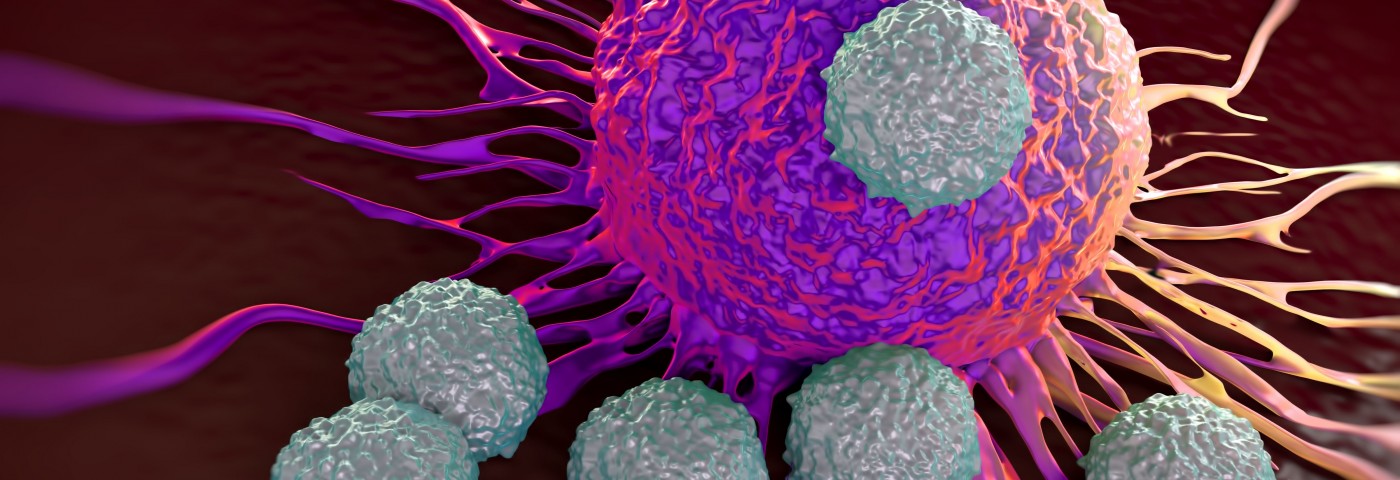Metastatic melanoma patients in England and Wales will be the first in Europe to benefit from the combined immunotherapy regimen of nivolumab (Opdivo) and ipilimumab (Yervoy). The therapy was recently approved by the National Institute for Health and Care Excellence (NICE).
When the drugs are used as monotherapy, only a small proportion of patients with metastatic melanoma have a clinical response, whereas six out of 10 patients respond when they are used in combination.
Approximately 12,200 people are diagnosed with metastatic melanoma each year, and about 1,300 people could be eligible for the combination treatment regimen, according to the NHS. NICE’s approval for the combination therapy comes within weeks of the European Medicines Agency (EMA) license.
According to Professor Peter Johnson, chief clinician of Cancer Research UK, the rapid approval matched ‘real progress’ that patients are experiencing with immunotherapy drugs in clinical studies. He further noted that ongoing research needs to focus on the best way to use this immunotherapy combination in more patients.
“These results give new hope to melanoma patients. But, it’s important to remember that more powerful treatment comes with an increased chance of severe side effects,” Johnson said in a news release. “Our research now needs to identify which patients are most likely to benefit from this combination and who is most likely to experience the side effects, so doctors can make sure we get the balance right.”
Professor Carole Longson, director of the health technology evaluation centre at NICE, said the promising new immunotherapy treatments for advanced melanoma could significantly extend the life of people with the condition.
“The evidence we examined was very promising and I know further trials are ongoing which have also released encouraging data,” Longson said.
Last April, results from a Phase 2 clinical trial of the combination treatment demonstrated significant clinical responses: of the 95 treated patients, over 60% were surviving two years-post treatment.


